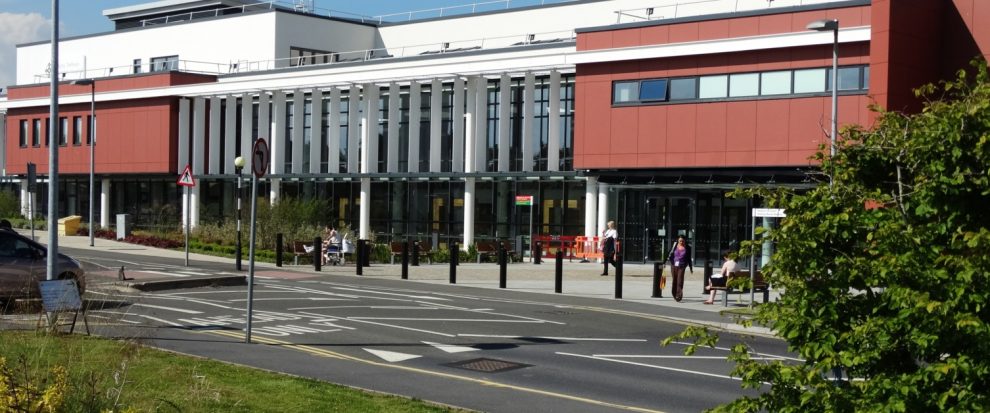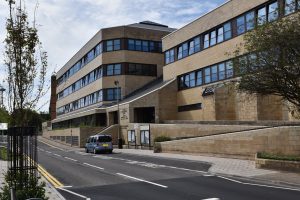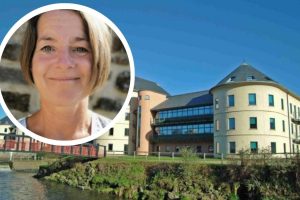CARDIAC surgery improvements have continued at Swansea’s Morriston Hospital after concerns were raised in a review in 2021, health chiefs were told.
Swansea Bay University Health Board put in place immediate measures at the time, with further actions enacted subsequently.
The cardiac surgery unit is now performing better in a number of specific metrics than the national average. One metric, though – mortality after surgery – was slightly higher than the average, but this could be explained by the unit’s high proportion of emergency compared to planned operations, according to executive medical director Richard Evans.
The 2021 cardiac surgery review found a higher than expected mortality for a type of surgery called mitral valve surgery, higher rates of follow-up cardiac surgery due to bleeding and other causes, higher rates of deep sternal wound infection, and higher rates of post-operative neurological and renal dysfunction.
In response the health board ensured that only mitral valve specialist surgeons carried out this type of surgery, and that only consultants operated more generally within the service for the time being. Speaking in 2021, Dr Evans took issue with deep sternal wound infection finding, saying he felt the true infection rate at the unit was lower.
The health board went on to ask for input from the Royal College of Surgeons (RCS), which reviewed notes of all patients who had died following mitral valve surgery. It also carried out a review of the cardiac surgery service as a whole.
The latest metrics show that the unit’s rate of deep sternal wound is three times lower than the national average, with rates of post-operative neurological dysfunction nearly twice as low.
And the proportion of patients having to return to the operating theatre to address bleeding problems is four times lower than the national average. “We’ve had zero returns to theatre in 11 of the last 12 months,” said Dr Evans.
He added that staff were more aware of the metrics and up-to-date results following the creation of a virtual dashboard displaying them.
The frequency of oversight from a group called the Welsh Health Specialised Services Committee, which commissions cardiac surgical services in Wales, has reduced and Dr Evans said it was likely to reduce further.
Health board chief executive Mark Hackett asked about the slightly higher overall mortality rate at Morriston’s cardiac surgery unit compared to the national average. Dr Evans explained that the unit was “heavy” on emergency causes compared to elective – or planned – surgery.
“So based on relative risk in emergency surgery, we’re okay?” asked Mr Hackett. “Yes,” replied Dr Evans.
The report before the health board said the RCS was impressed with “the significant number of demonstrable improvements that had occurred” and had recommended that trainee operating should restart.



















